Despite a global workforce reduction of approximately 7%, Cisco still anticipates a more robust growth in revenue for the new fiscal year than Wall Street expects, reflecting the prospects of increased demand for IT infrastructure driven by the application of artificial intelligence (AI) technology.
On Wednesday, August 14, 2024, after the U.S. stock market closed, Cisco announced its financial results for the fourth quarter (hereinafter referred to as Q4) and the full fiscal year of 2024, which ended on July 27, 2024, and provided guidance for the first quarter (hereinafter referred to as Q1) and the full fiscal year of 2025.
1) Key Financial Data
- Revenue: For the fiscal year 2024, revenue was $53.8 billion, a decrease of 6% compared to the previous fiscal year. In Q4, revenue was $13.64 billion, a decrease of 10% year-over-year, while analysts expected $13.53 billion.
- EPS: For the fiscal year 2024, the adjusted earnings per share (EPS) under non-GAAP measures was $3.73, a decrease of 4% year-over-year. In Q4, the adjusted EPS was $0.87, a decrease of 24% year-over-year, while analysts expected $0.85.
2) Performance Guidance
- Revenue: For the fiscal year 2025, revenue is expected to be between $55 billion and $56.2 billion, with analysts expecting $55.67 billion.
Following the release of the financial report, Cisco's stock, which closed nearly 0.2% up on Wednesday, jumped in after-hours trading, with gains quickly expanding to over 5%, and at one point, the increase exceeded 6%.
Based on the guidance range, Cisco expects its revenue for the fiscal year 2025 to grow by up to approximately 4.5%, reversing the previous fiscal year's decline of 10%, and the growth momentum exceeds Wall Street expectations, with analyst expectations for revenue being at the lower end of the guidance range.
Half a year after announcing a second major round of layoffs, over 6,000 employees are affected.In conjunction with the release of its financial results, Cisco announced a restructuring plan in an 8K filing with regulators after the market closed on Wednesday, aimed at investing in key growth opportunities and improving business efficiency. Cisco anticipates that this restructuring plan will affect approximately 7% of its global workforce.
This implies that over 6,300 employees out of Cisco's 90,400 workforce will be laid off. Following the announcement in February of this year to cut about 5%, affecting over 4,000 positions, this marks the second major round of layoffs announced by Cisco within the year, half a year later. The company stated that this move will incur approximately $1 billion in short-term severance costs.
It's not just Cisco; previously, Intel announced in early August its plan to cut costs by $10 billion by 2025, which will involve laying off over 15%, or about 15,000 people. This year, the tech industry has been cutting expenses to focus resources on high-growth areas such as AI. According to data from the website Layoffs.fyi, so far this year, more than 126,000 people have been laid off by 393 tech companies. January of this year saw the highest number of layoffs in the industry since March, with Alphabet, Amazon, Microsoft, and SAP all indicating they are cutting staff, as are eBay, Unity, and Discord.
The company is shifting its focus to high-growth areas such as artificial intelligence and cybersecurity.
Cisco's Chief Financial Officer, Scott Herren, stated that the layoffs are not for the purpose of increasing profits. Cisco needs to quickly enter the cybersecurity, cloud systems, and AI-related product markets, and is therefore freeing up resources to do so.
In June of this year, Cisco had indicated that it would invest $1 billion in tech startups such as Cohere, Mistral, and Scale to develop reliable AI products. According to media reports, the company has also recently announced a collaboration with NVIDIA to develop infrastructure for AI systems.
Cisco executives have stated that, to date, artificial intelligence orders from large-scale customers have exceeded $1 billion, and they anticipate an additional $1 billion in AI product orders in the fiscal year 2025.










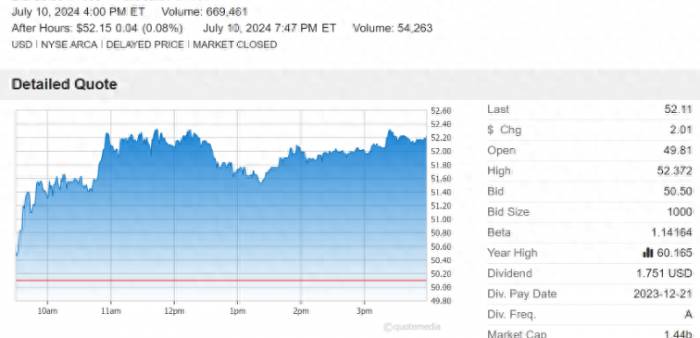
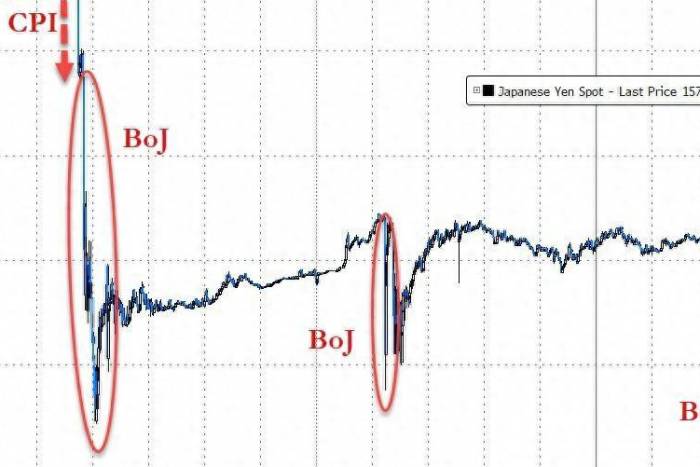

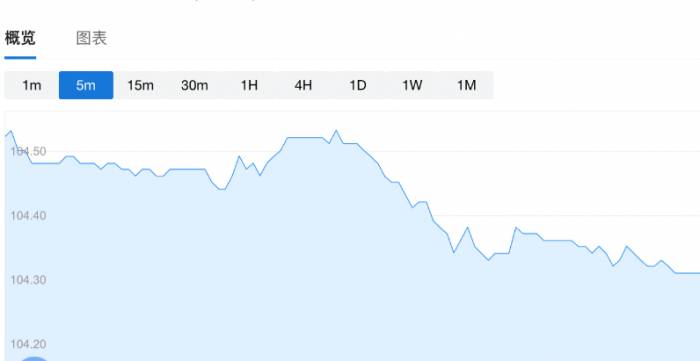
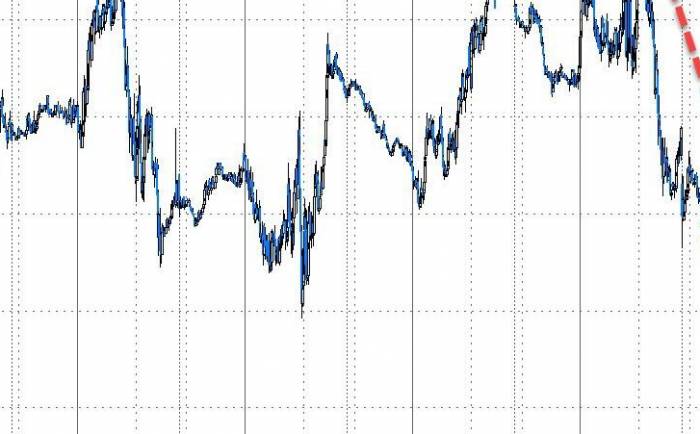
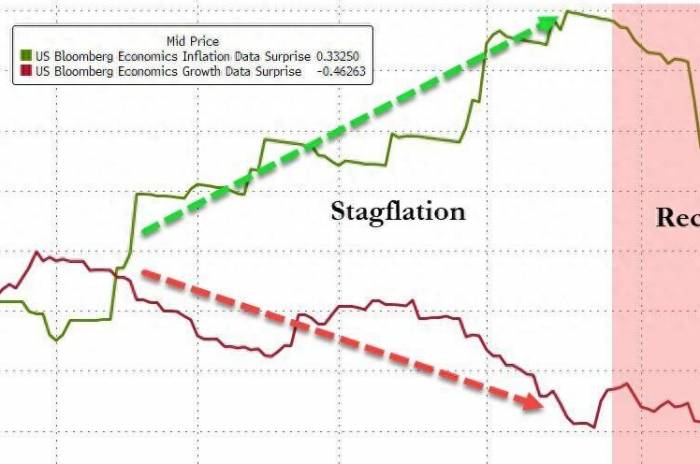





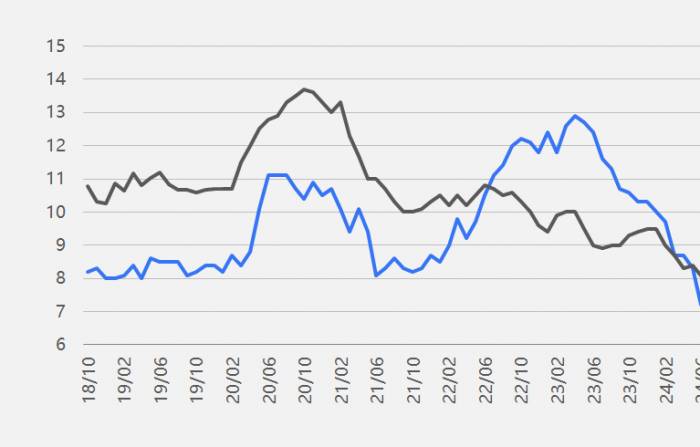








Share Your Experience